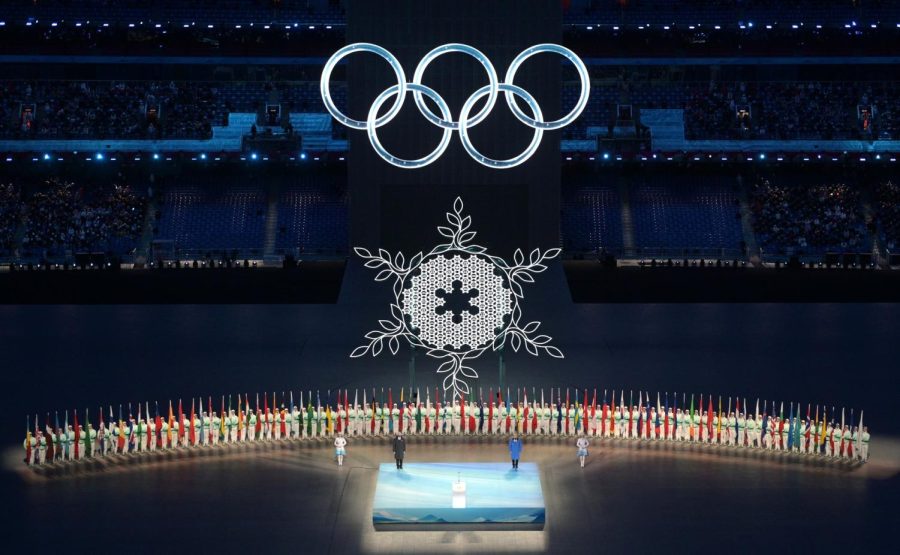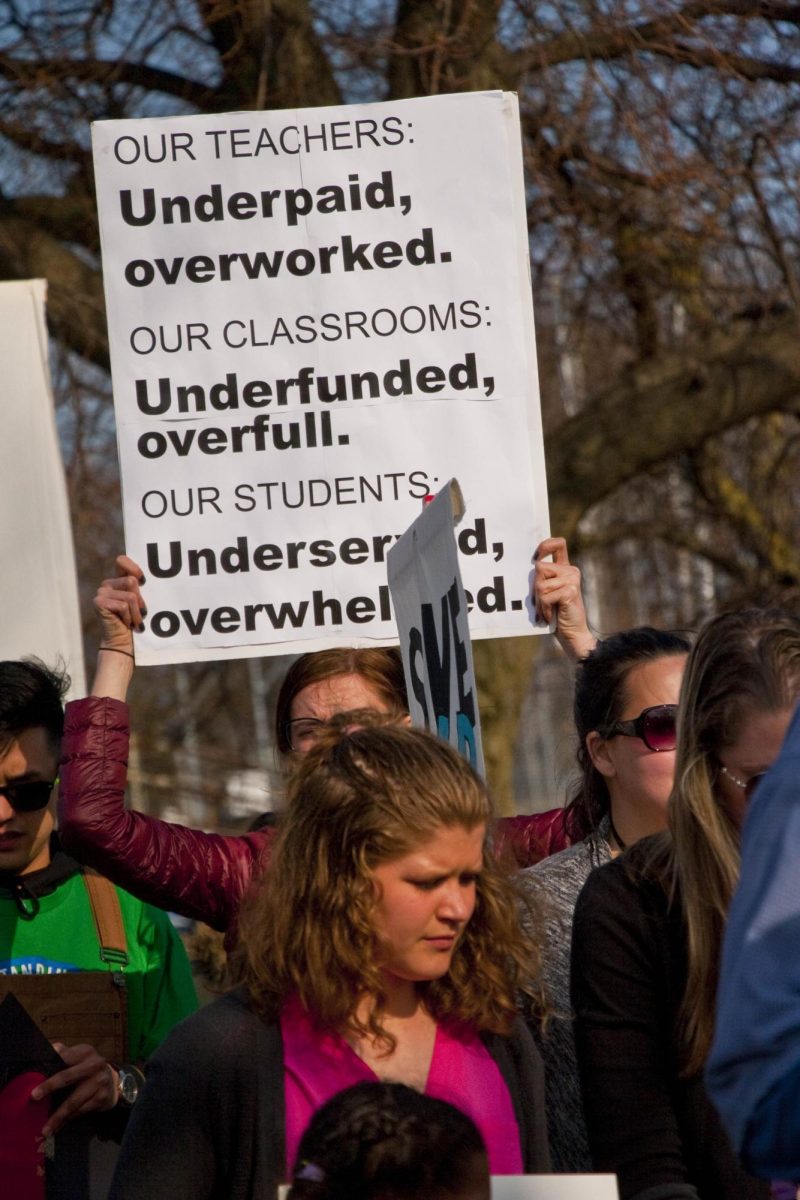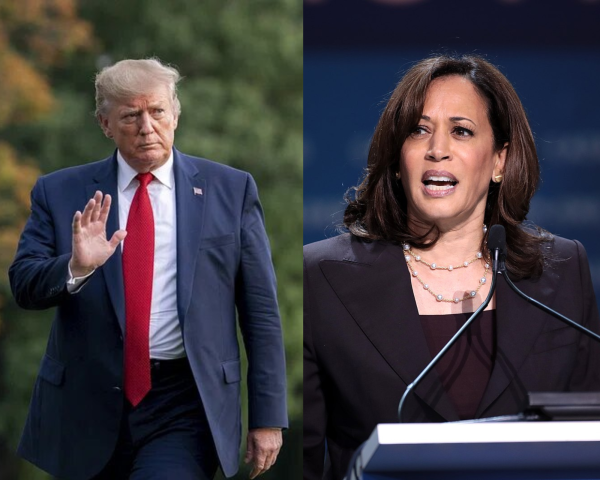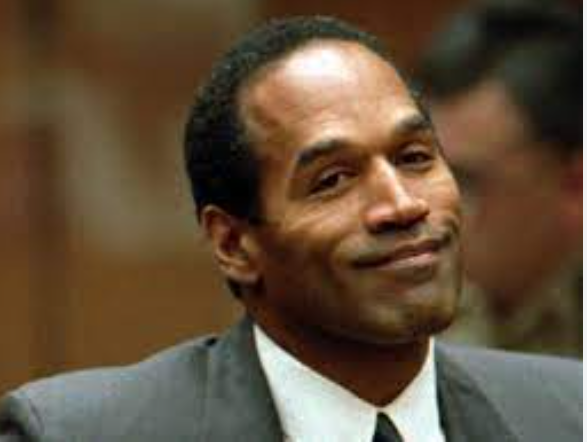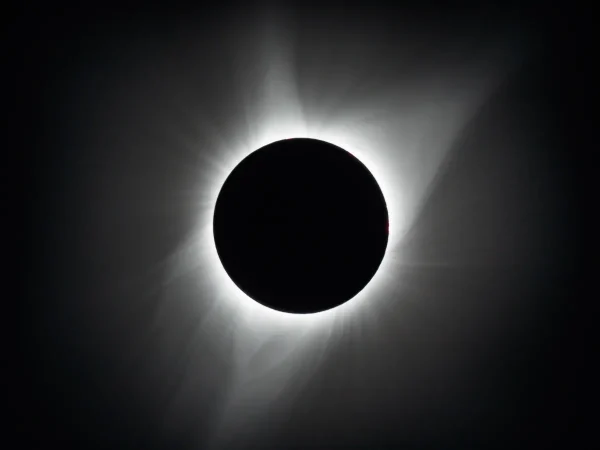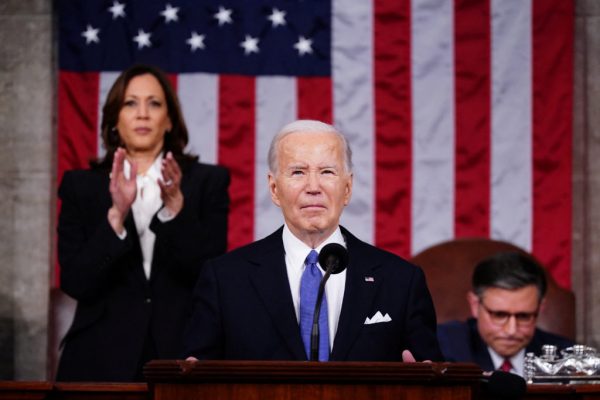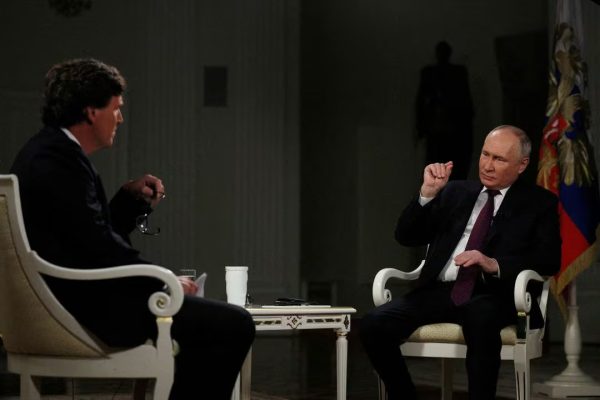Why is Viewership of The Olympics Down?
The 2022 Winter Olympic Games held in Beijing are in full swing. But why are viewers choosing not to watch?
February 28, 2022
Since 1896, the Olympic games have united countries from across the globe to watch the best athletes each sport has to offer. However this year, viewing numbers are at all-time lows. The viewership for this year’s Opening Ceremony in Beijing was down a record 43% in comparison to the 2018 Winter Olympics in Pyeongchang, attracting only 16 million American watchers. Why is this? Why are American viewers choosing to not tune in?
For starters, younger generations are just not as interested in the games. A poll was taken among 15 Millbrook students, asking if they were watching the Olympics. 11 out of 15 students said they were not tuning in to the games. For a number of people, the momentum to watch is not there. Senior Brighton Moore says, “I’ve seen clips of stuff on YouTube, but I just haven’t taken time out of my day to watch. I don’t have time.” Junior Sophia Fossaceca feels the same way stating, “I’m not watching because I just don’t have the time to.” For others, it is a matter of nostalgia. Rolesville junior Michael Brink relays, “The Olympics just doesn’t hit the same, the last Olympian I really cared about was Gabby Douglas.” Quite a few of the big name Olympians that Americans came to love have retired or stepped down in the past few years. Michael Phelps, Gabby Douglas, Usain Bolt, and recent retiree Shaun White have all stepped away from the podium.
For an even greater number of people, there is not a specific reason they are not watching, they are just not interested. Junior Colin Andrews says, “You can’t take an opinion from someone who doesn’t care. I don’t care about the Olympics. I don’t care about the scandals. I just don’t care.” Timing and promotion have thrown off many viewers. People are experiencing an emotion that is being coined as “Olympic Fatigue.” Due to Covid, the regular two-year rotation schedule was disrupted. This places the 2021 Tokyo summer games, originally planned for 2020, only one year apart from this year’s Winter games, and the usual hype is just not there. When asked if he was watching the games, sophomore Freddie Jeffries stated, “When are the Olympics?” and then, “I didn’t know they were on, I thought it was only every four years.”
Ultimately, one of the biggest factors concerning viewership is preference. The summer Olympics are statistically preferred, and viewers are more likely to tune in to see their favorite athletes. Playaway Weekends explains by saying, “The Winter Olympics hosts fewer sports broken down into three main groups … The Summer Olympics hosts 300 events covering 28 sports, while the Winter Olympics has 102 sporting events over 15 sports. By having more sporting events, as well as competitions, the Summer Olympics has a more significant number of athletes participating.” It seems the Winter events are not as enticing to viewers. When asked if he was tuning in, junior Kyle Amend relayed, “No, because I don’t like the cold.” It is all about preference.
All of this does not mean that the Olympics are dying. There are still millions of watchers who are invested in the games. Some are watching to keep up tradition, like sophomore Abby Fulk, who states, “I’ve watched them ever since I was young, so it’s become a family experience for me.” This holds true for the Americans tuning in, as the Olympics still hold the highest views for live televised shows right now. The Olympics are not going anywhere; they just need to get their swagger back on track.


